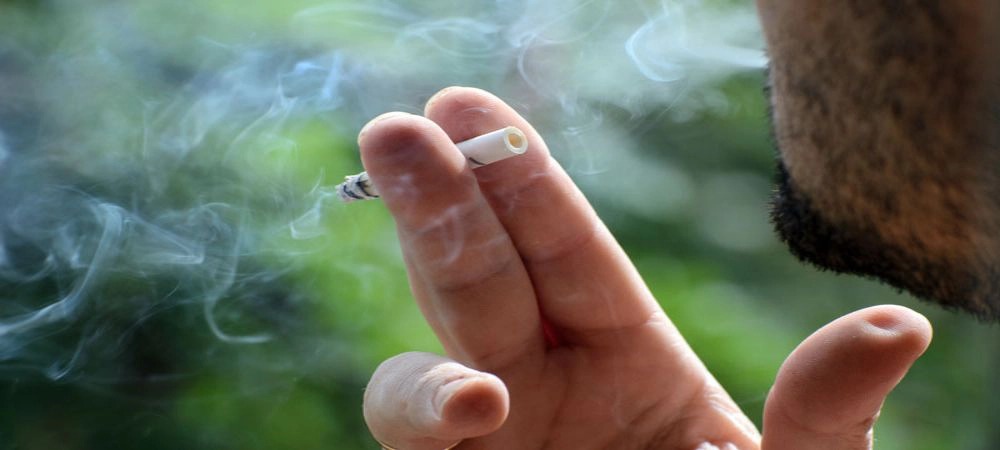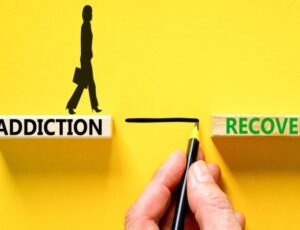Drug use often hides in plain sight, making it difficult for loved ones to recognize when someone they care about is struggling. Understanding how to know if someone does drugs is crucial because early detection can save lives and open the door to recovery. While addiction carries stigma, it is important to approach the topic with compassion, awareness, and a willingness to provide support.
Drug use does not always look the same. Some individuals may show obvious behavioral and physical changes, while others may go to great lengths to conceal their habits. Knowing the warning signs can help family members, friends, and colleagues identify when help is needed.
Why It’s Important to Recognize the Signs of Drug Use
Addiction is a progressive condition, meaning it often worsens over time if left untreated. Many people delay seeking help because their use goes unnoticed or is excused as stress, tiredness, or personal struggles.
Recognizing drug use early can:
- Prevent further health damage
- Reduce risks of accidents or overdose
- Encourage the person to seek treatment sooner
- Protect family stability and relationships
- Provide a better chance at long-term recovery
By being aware of the signs, you can step in before the problem escalates into a crisis.
Behavioral Signs That May Indicate Drug Use
Behavioral changes are often the first red flags. When drugs become a central focus of someone’s life, their actions, habits, and social patterns shift.
Some common behavioral signs include:
- Sudden mood swings – Irritability, aggression, or extreme euphoria followed by deep sadness.
- Social withdrawal – Avoiding friends, family, or long-time hobbies.
- Neglecting responsibilities – Declining work or school performance.
- Secretive behavior – Lying, sneaking out, or hiding details about whereabouts.
- Unexplained financial issues – Borrowing money frequently or stealing to fund drug use.
- Changes in sleep patterns – Staying awake all night or sleeping excessively.
While these behaviors alone don’t prove drug use, they are often warning signs that something deeper is happening.
Physical Signs of Drug Use
Physical symptoms can be some of the clearest indicators of substance use. The type of drugs being used will often determine the specific changes you may notice.
Some physical signs include:
- Bloodshot or glassy eyes
- Sudden weight loss or gain
- Dilated or constricted pupils
- Frequent nosebleeds (from snorting drugs)
- Unusual body odors or breath smells
- Poor hygiene or lack of grooming
- Track marks or bruising on arms (from injections)
- Tremors or shakes
If you observe a combination of these physical changes with concerning behaviors, it may suggest ongoing drug use.
Emotional and Psychological Indicators
Drugs affect the brain’s chemistry, which can result in drastic emotional changes. These psychological shifts are often easier to detect in people you know well.
Emotional warning signs may include:
- Anxiety or paranoia – Overly suspicious behavior without reason.
- Depression – Persistent sadness or loss of interest in daily activities.
- Increased irritability – Snapping at small issues or becoming easily frustrated.
- Memory problems – Difficulty concentrating or remembering conversations.
- Lack of motivation – Struggling to maintain focus or pursue goals.
These emotional shifts often worsen as substance use continues.
Environmental Clues
Sometimes, it isn’t just the person’s behavior that signals drug use but also their surroundings. Environmental red flags may include:
- Drug paraphernalia such as pipes, rolling papers, needles, or pill bottles.
- Hidden stashes in personal spaces.
- Frequent visitors who stay for short periods and leave quickly.
- A noticeable decline in household cleanliness or organization.
Paying attention to these small details can reveal patterns that indicate drug involvement.
Common Misconceptions About Drug Use
Many people hold misconceptions that prevent them from recognizing drug use in loved ones. Some of the most common myths include:
- “They’re too successful to be using drugs.” Addiction affects people of all ages, careers, and backgrounds.
- “It’s just a phase.” While experimentation may occur, ongoing use can quickly spiral into dependency.
- “If I don’t see drugs, they’re not using.” Many individuals hide substances effectively.
- “They would tell me if they had a problem.” Denial and secrecy are hallmarks of addiction.
Letting go of these misconceptions can help families face reality and act before it’s too late.
What to Do If You Suspect Someone Is Using Drugs
Discovering that someone may be using drugs can be overwhelming, but there are steps you can take to handle the situation with care.
- Observe and document – Take note of behaviors, changes, and signs before confronting the person.
- Approach with compassion – Avoid accusations. Express concern and support rather than judgment.
- Choose the right time – Have conversations when the person is sober and calm.
- Offer resources – Provide information on treatment centers, support groups, and counseling.
- Set boundaries – Protect your own mental health while encouraging them to seek help.
Approaching the topic with empathy increases the likelihood that the individual will open up and accept help.
The Role of Professional Help
While family support is vital, professional treatment offers specialized care that addresses both the physical and psychological aspects of addiction. Options may include:
- Detox programs – Safely managing withdrawal symptoms.
- Inpatient rehab – Intensive treatment in a structured environment.
- Outpatient treatment – Flexible programs that allow individuals to continue daily responsibilities.
- Therapy and counseling – Addressing underlying emotional and behavioral issues.
- 12-step programs and peer support groups – Building community and accountability.
Professional intervention often makes the difference between short-term sobriety and long-term recovery.
Why Early Intervention Matters
The earlier drug use is identified, the better the chances of successful recovery. Over time, substance use damages the brain, body, and relationships. Early intervention prevents:
- Long-term health issues
- Risk of overdose
- Legal and financial consequences
- Irreversible relationship damage
Acting quickly doesn’t just save lives; it rebuilds futures.
Supporting a Loved One Through Recovery
Helping someone overcome addiction is not a one-time conversation — it’s an ongoing process. Support can include:
- Attending family therapy sessions.
- Participating in support groups like Al-Anon.
- Offering encouragement without enabling harmful behavior.
- Celebrating milestones in recovery.
Recovery is not just about the individual — it’s a family journey.
Final Thoughts
Learning how to know if someone does drugs is not about catching them in the act but about recognizing patterns that may indicate they need help. From behavioral and physical changes to emotional struggles and environmental clues, these signs provide the opportunity for early intervention.
Addiction thrives in secrecy, but with awareness, compassion, and the right resources, families can break through denial and guide their loved ones toward recovery. If you suspect someone is using drugs, take the first step today — open a conversation, offer support, and connect Touchstone Recovery with professional help.
Recovery is possible, and with the right guidance, people can heal and rebuild their lives.




